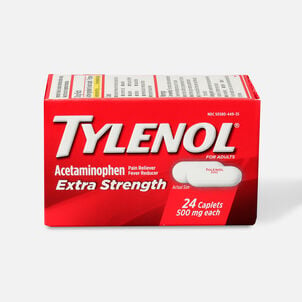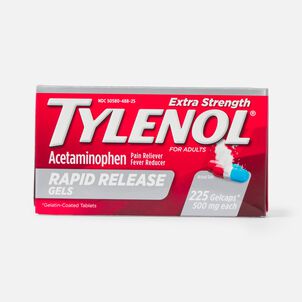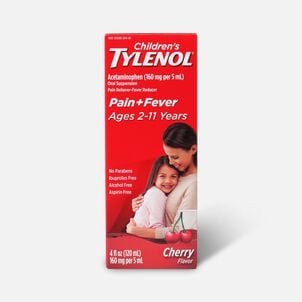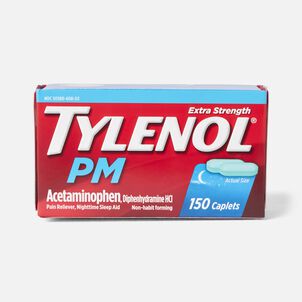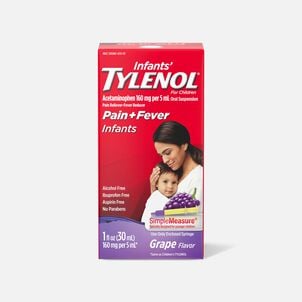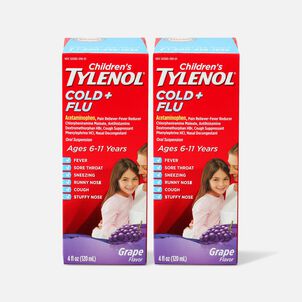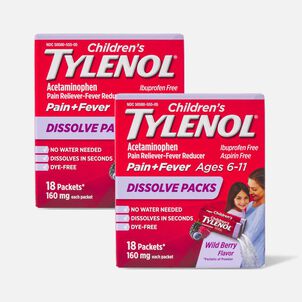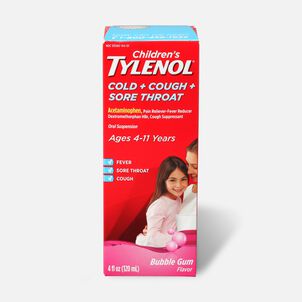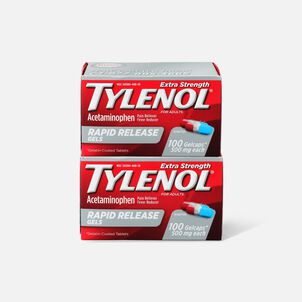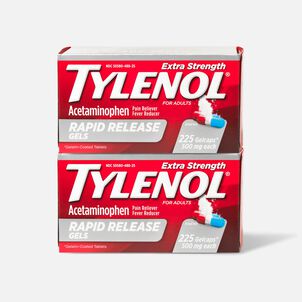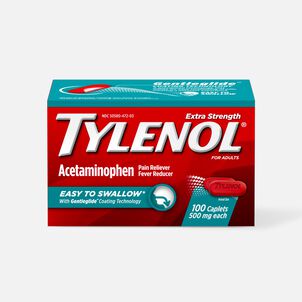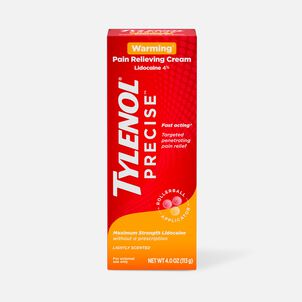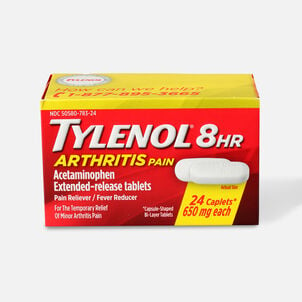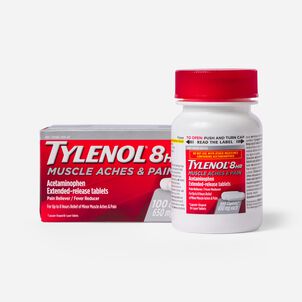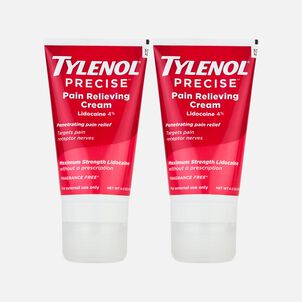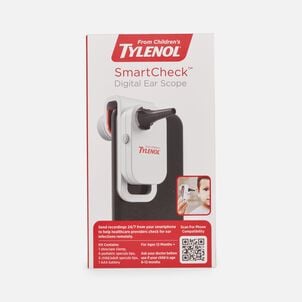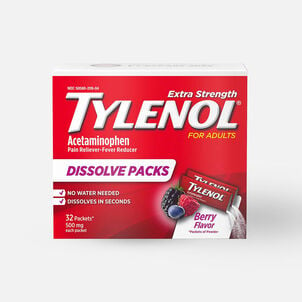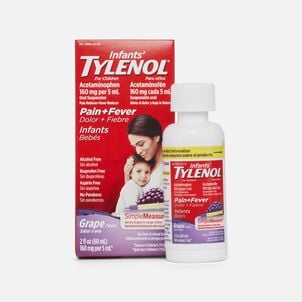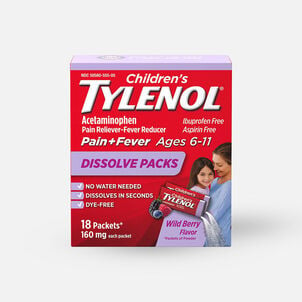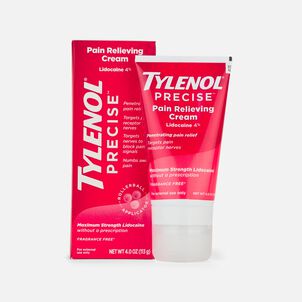The Complete HSA Eligibility List
Here it is — the most-comprehensive eligibility list available on the web. From A to Z, items and services deemed eligible for tax-free spending with your Flexible Spending Account (FSA), Health Savings Account (HSA), Health Reimbursement Arrangement (HRA) and more will be here, complete with details and requirements. Important Reminder: HSAs, FSAs, HRAs and other account types listed may not all be the same. Be sure to check with your administrator to confirm if something is eligible before making a purchase.
Here it is — the most-comprehensive eligibility list available on the web. From A to Z, items and services deemed eligible for tax-free spending with your Flexible Spending Account (FSA), Health Savings Account (HSA), Health Reimbursement Arrangement (HRA) and more will be here, complete with details and requirements. Important Reminder: FSAs, HRAs and other account types listed may not all be the same. Be sure to check with your administrator to confirm if something is eligible before making a purchase.
Tylenol: HSA Eligibility
Tylenol: eligible with a Health Savings Account (HSA)HSA Eligible Tylenol Products
What is Tylenol?
Tylenol is a type of acetaminophen, acting as a pain reliever and fever reducer. It is commonly used to treat a wide array of conditions like headaches, muscle aches, backache, arthritis, menstrual periods, colds, fevers, and toothaches (Everyday Health).
How should you use Tylenol?
Ask a medical professional about dosage or use Tylenol as directed on the label. Shake the liquid version well before using and measure out the correct dosage with a special dose-measuring spoon or medicine cup. Chew rapidly-dissolving tablets or allow it to dissolve on the tongue before swallowing with or without water. Do not crush or chew extended release tablets which may release all of the drug at once. Store at room temperature away from heat and moisture (WebMD).
Taking a larger dose than recommended can damage your liver or cause death. Acetaminophen is sometimes contained in other medicines so check the labels or ask your pharmacist before using Tylenol in conjunction with other medicines. Note that if you have had alcoholic liver disease, you may not be able to take Tylenol. Seek a doctor about whether it is safe to use during pregnancy.
When should you take Tylenol?
Tylenol works best if used as soon as the first signs of pain occur. Do not take the medication for a fever for more than 3 days unless your doctor directs you to do so. Adults should not take Tylenol for more than 10 days, and children should not for more than 5 days. Tylenol is typically taken as needed, but if you are on a dosing schedule, do not take extra medicine to make up a missed dose.
How do you know if you are overdosing?
Signs of a Tylenol overdose include nausea, vomiting, stomach pain, loss of appetite, sweating, etc. You may also start to feel pain in your upper stomach, see dark urine and yellowing of your skin and eyes.
What are some side effects?
Tylenol may cause hives, difficulty breathing, swelling of face, lips, tongue, or throat, and severe skin reactions. Get emergency medical help if you see any signs of an allergic reaction.


